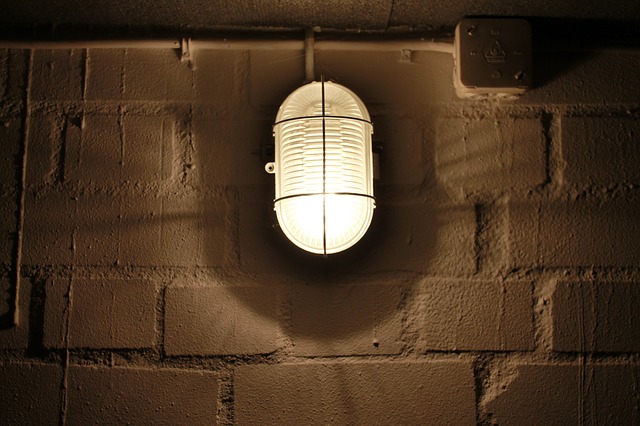In residential buildings as well as in individual houses, tenants might have access to a cellar: useful to store some objects you do not currently need, it can also sometimes be a problem. So, when visiting a property, take your time and pay attention to this space to know if it will be a benefit or if it risks to become a problem.
An often useful storage space
To store seasonal clothes, garden furniture to be protected in winter or cumbersome family knick-knacks, there is nothing better than a cellar: a private storage space you can freely use!
This item can be an attractive advantage when you choose to rent or buy a property. Obviously, the lessor or seller will use this argument to advertise the property or, sometimes, to slightly increase its rental or selling price.
Cellars are not so frequent in residential buildings and are getting increasingly rare in modern houses. Buyers who absolutely want a cellar can even experience difficulties to find one. But if modern constructions are less and less equipped with cellars, it is because they might also bring problems.
“A cellar is a private storage space that you can freely use.”
Find our ads on:
House cellars: humidity and heat dispersion risks
Though they are spontaneously considered as a practical and functional space, cellars are also well known for their often very damp atmosphere. Less well insulated than living spaces, they sometimes pose problems linked to capillary rise or mildew spreading on the floors.
In some cases, cellars can even be under-protected against flooding. And when water thus enters the house, damages are not limited to the basement, as the walls and the ceiling (the floor of your ground level) are usually also soaked.
So before falling for a house with a cellar, it is crucial to ensure that it is well protected against humidity (or to consider to do it yourself afterwards). A hygrometer will help you to analyse the situation: the quantity of water in the air should not be superior to 60% to keep any kind of object in good condition. And if you dream of a wine cellar, you can tolerate a rate between 70 and 75%, but never more (or metals are at risk).
Eventually, a defective insulation can also cause major heat dispersion: in winter, cold comes up into the house increasing the quantity of energy consumed to heat it. In a word, a cellar is a real asset providing it has been well insulated.
“Cellars sometimes pose problems linked to capillary rise or mildew spreading on the floors of the house, or they may be under-protected against flooding.”
Collective building cellars: make sure your belongings are safe!
Regarding collective building cellars, each condominium can choose its own organisation according to the layout. A storage space is not necessarily closed and private: in that case do not take the risk to store valuable goods in it. If you are entitled to use a closed but not locked up box, you can always add a lock or a strong padlock for more security.
And, as for houses, collective building cellars can either be well insulated and therefore be a real asset, or be too damp and then be detrimental to the dweller.
Globally, the mention of a cellar in a property ad must raise your attention as it can be a plus as well as a minus. The visit will be decisive: check the cellar as carefully as you will do for living spaces.
“A cellar in a collective building is not necessarily closed and private.”

